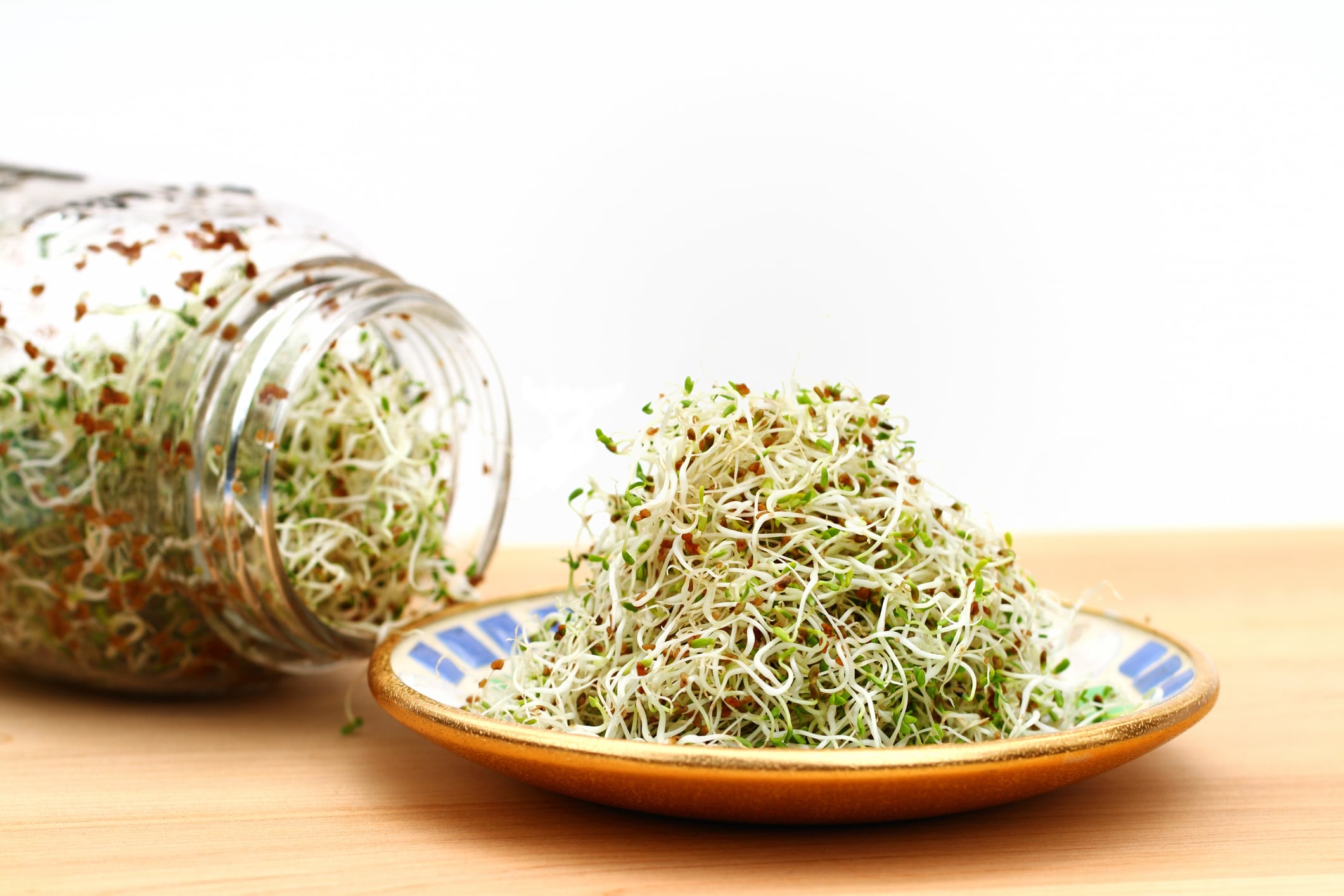According to a new joint report by the European Centre for Disease Prevention and Control and the European Food Safety Authority, the consumption of sprouted alfalfa seeds has been linked to 509 reported cases of salmonellosis between January 2023 and January 2025.
Of the 10 countries where salmonellosis infections have been recorded, Norway has been the worst impacted with 257 cases, followed by Sweden with 110, Finland with 94 and Germany with 30.
Cases have also been reported in the Netherlands (9), Denmark (4), France (3), UK (1), Belgium (1) and Estonia (1).
Alfalfa is a flowering plant in the legume family that is commonly called Lucerne in the UK.
The outbreak, which remains ongoing, encompasses eight Salmonella serotypes, several of which are rarely reported in Europe.
The sprouts were identified as the vehicle of infection following multiple national investigations across Europe, which was then confirmed by whole genome sequencing analysis conducted on a centralised EU basis.
This analysis, paired with food tracing techniques, also linked the seeds to a single supplier in Italy which had sourced its seeds from three separate growers in the same region of the country.
However, further investigation is needed to determine how the seeds became contaminated and whether there was any cross-contamination along the supply chain.
“Food safety authorities in the countries concerned implemented control measures, including withdrawal and recall of investigated batches, [which] significantly decreased case notifications,” the European Centre for Disease Prevention said.
“However, several countries have detected new cases, indicating that contaminated seed batches may still be in circulation and further interventions needed. Cases may continue to occur until the point where the seeds were contaminated with Salmonella can be identified and properly controlled.”
Salmonella infection can cause serious illness, particularly in infants, older or frail adults, and individuals with weakened immune systems. The European Centre for Disease Prevention has advised that anyone at risk should avoid eating sprouted seeds unless they have been cooked thoroughly.
Meanwhile, sprouted seed producers have been urged to strictly follow food safety procedures to prevent contaminated products from reaching consumers.
The full report can be found on the European Centre for Disease Prevention website.





